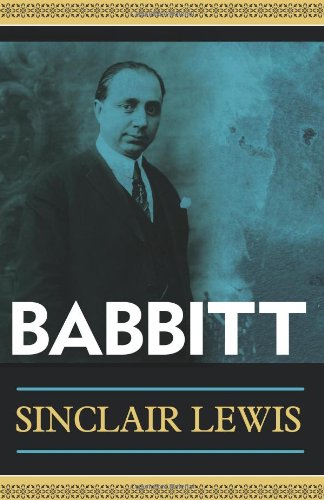Babbitt by Sinclair Lewis
Babbitt, Lewis’ scathing satire of middle-class America, examines the social forces of materialism and conformity. George Babbitt, a middle-aged family man who loses faith in both conformity and his tardy attempts at rebellion, is the main character in the story. Babbitt provides a potent indictment of the American Dream and everything it encompasses, set in the fictional Midwestern town of Zenith.
Babbitt by Sinclair Lewis
Free shipping
Although Babbit is a terrible person, he is similar to people that we all know. Really, the book is about a terrible midlife crisis. Babbit is a pompous, obnoxious, sexual harasser who is eager to advance in society. He basically lacks self-confidence and tends to go along with the crowd. Most importantly, we’re never supposed to like him, but we still find little ways to connect with him. Because this book really hit on so many tropes that I detest, especially when it comes to spousal abuse (though Babbit’s sin in this regard is mostly in supporting his best friend’s abuse/near-murder of his wife) and Babbit’s extramarital affair, it was only through the power of Lewis’s writing that I persevered with the book.
The early 20th-century American middle class is nicely depicted in this novel. Despite being published more than 90 years ago, it still holds unexpected relevance today. George Babbitt is an upper-middle-class realtor who is exceedingly materialistic, conceited, and self-absorbed. And yet, in many ways, he is much more pitiful than sympathetic. George is every bit a conundrum—the honourable businessman who justifies the dubious business agreement with ease. a family man who excuses leaving his wife. A man who is concerned about the cost of goods but acts impulsively will purchase the newest technology for his vehicle. In the end, George is dissatisfied with his life as it is and starts acting on his own terms rather than those expected of him by others around him.


 Amazon.com
Amazon.com 




